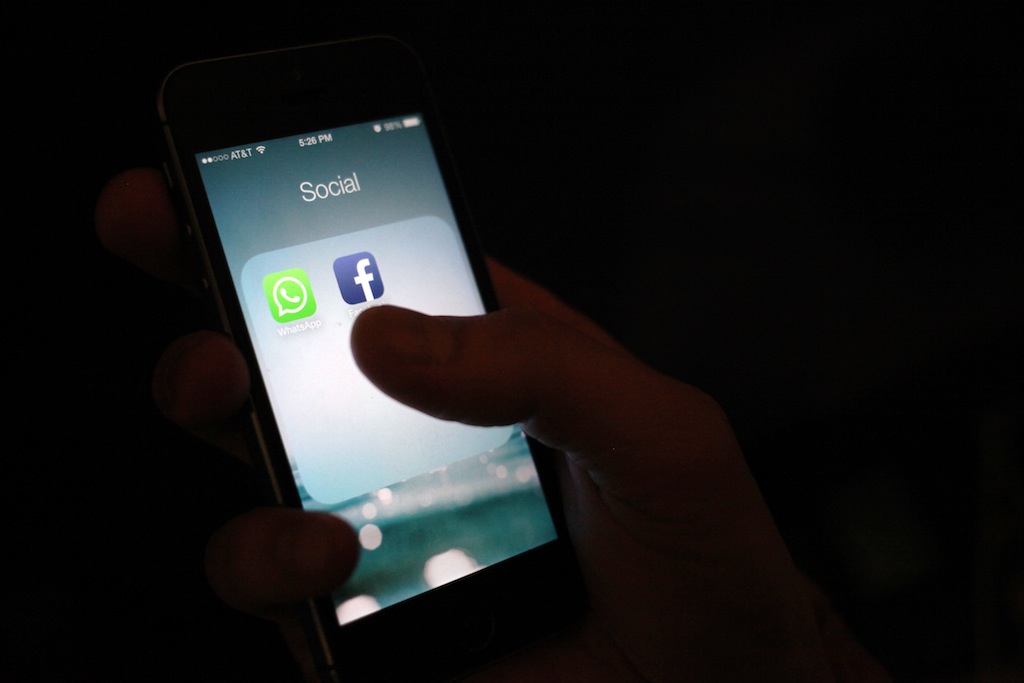Facebook’s WhatsApp app messaging service has planned to drop-off its annual subscription fee of $0.99. In its place, it will be checking ways to monetize its approximately 1 billion clients by permitting companies to connect with WhatsApp users as a substitute to present third-party ads.
On Monday, the company said in a blog post, WhatsApp Inc. will be eradicating the charges from various versions of its app over the approaching weeks since numerous customers who don’t have a credit or debit card are afraid about dropping access to their contacts after a free trial period.
WhatsApp said “Opening this year, we will experiment tools that let you to use WhatsApp to join with organizations and businesses that you want to hear from”. “That could be interacting with an airline about a delayed flight, or with your bank about whether a recent transaction was fraudulent.”
In 2014, Facebook bought WhatsApp for around $22 billion, as Chief Executive Officer, the world’s 8th-richest person according to the Bloomberg Billionaires Index, Mark Zuckerberg, wanted to grow the company’s influence across wireless devices.

Facebook strategies to experiment a B2C (business-to-consumer) platform for WhatsApp to permit big business to communicate straight with customers. This month, in Munich at the DLD Conference, Jan Koum, WhatsApp CEO, claimed that the B2C features would be intended for large business clients like Bank of America. Koum also detailed that WhatsApp still didn’t plan to integrate ads into the app.
If WhatsApp will faces a lot of competition when it enters the B2C market. A popular communication tool for businesses, Slack can already be unified into various CRM (customer relationship management) apps to manage user interactions. Twitter has also been evolving CRM tools to associate customers to businesses through a DM (direct messaging) channel. Asian chatting applications like LINE and WeChat are also offering alike B2C networks. Last of all, Facebook is also placing in B2C features to Messenger, which could simply cannibalize WhatsApp’s B2C expansion.
For now, it appears like WhatsApp’s B2C plan is in the initial phase, so it possibly won’t produce any income in the foreseeable future. However, stockholders should keep an eye on its growth to see if WhatsApp can also go forward into an evocative source of revenue, similar to Instagram.

